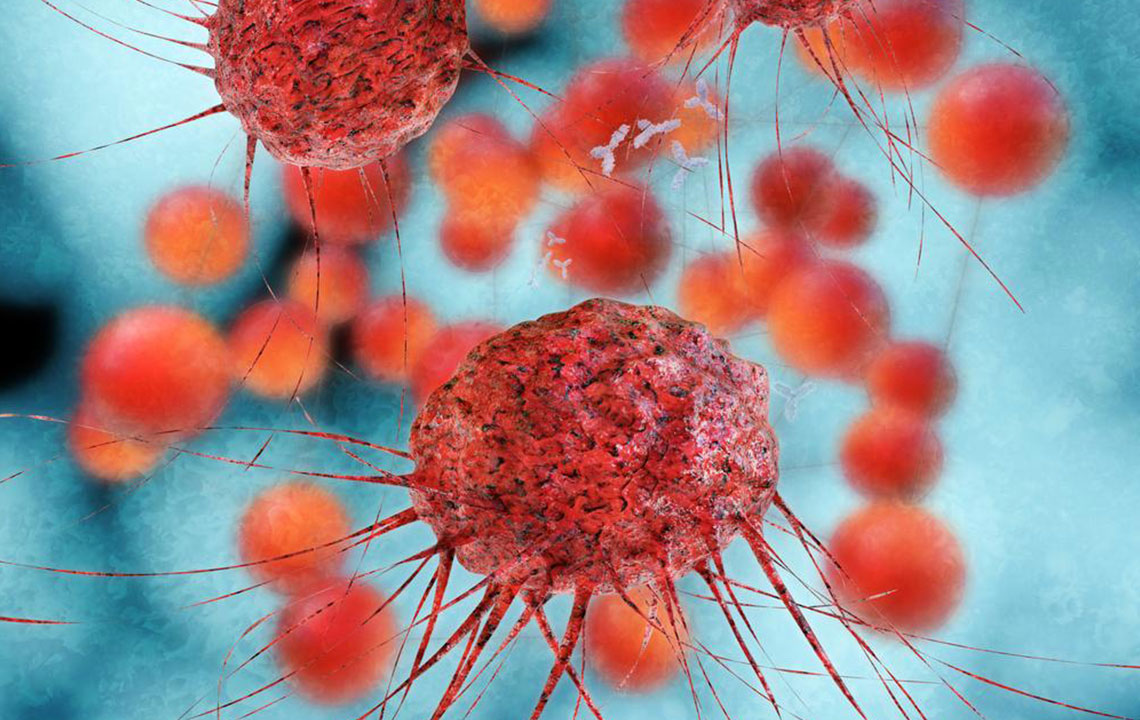Revolutionizing Multiple Myeloma Care with Immunotherapy Advances
This article explores how advancements in immunotherapy are transforming the treatment landscape for multiple myeloma. It details current therapies, recent drug approvals, and the key methods used in immunotherapy to enhance immune responses, target malignant cells, and improve patient outcomes. Recognizing potential side effects, the article underscores the importance of personalized approaches and ongoing research to overcome treatment resistance. Aimed at healthcare professionals and patients alike, it highlights the future potential of immunotherapy in managing this challenging blood cancer.

Multiple myeloma, a serious blood cancer originating in plasma cells, progresses by accumulating in the bone marrow and damaging bones and kidneys. Known as plasma cell myeloma, it remains incurable but can be managed with current therapies. As the second most common cancer in the United States, effective treatment is vital. Diagnosis involves detecting abnormal plasma cells in the marrow, with treatments aimed at minimizing organ damage. Immunotherapy encompasses various strategies, including:
Chemotherapy
Stem cell transplants
Radiation therapy
Targeted drug therapies
Immunotherapy enhances treatment through three main methods:
Restoring immune system activity by boosting immune responses or blocking suppressive signals
Stimulating specific immune responses against myeloma cells via vaccines
Targeted destruction of cancerous clones by genetically engineered T-cells
The FDA recently approved two novel drugs for managing relapsed multiple myeloma. One is a groundbreaking monoclonal antibody effective in resistant or rapidly progressing cases, while the other activates immune responses against cancer cells in patients with prior treatments. Potential side effects include infusion reactions, fatigue, breathing difficulties, pain, fever, nausea, persistent cough, and lowered blood cell counts. Advancements in immunotherapy and personalized medicine offer promising avenues, emphasizing understanding relapse mechanisms and developing new strategies to overcome resistance.
Disclaimer: The information provided is for educational purposes only and should not replace professional medical advice. Always consult licensed healthcare professionals for diagnosis and treatment decisions.










